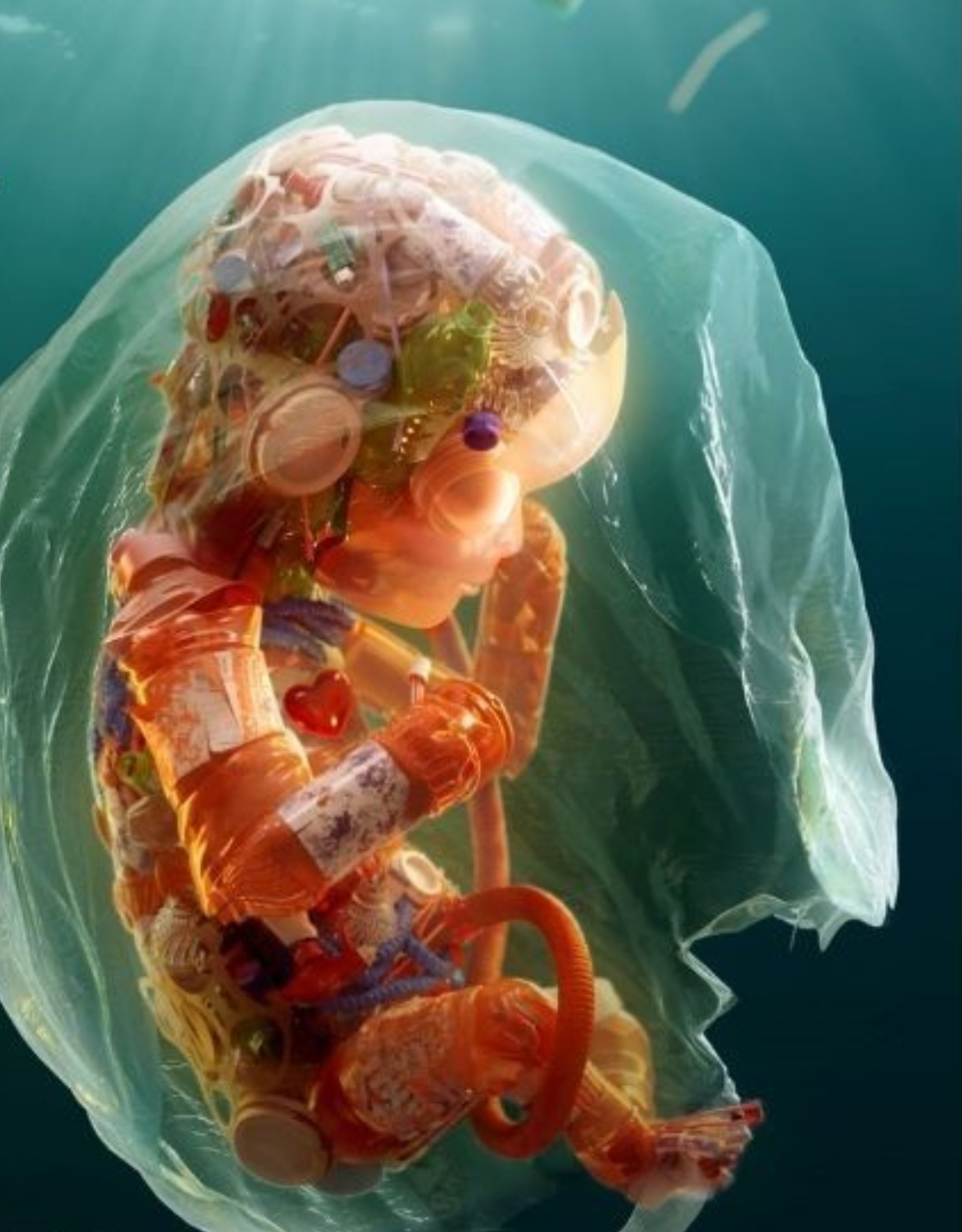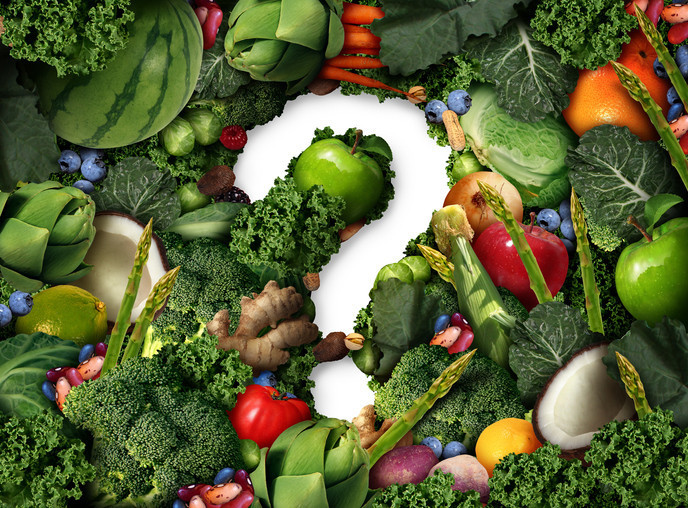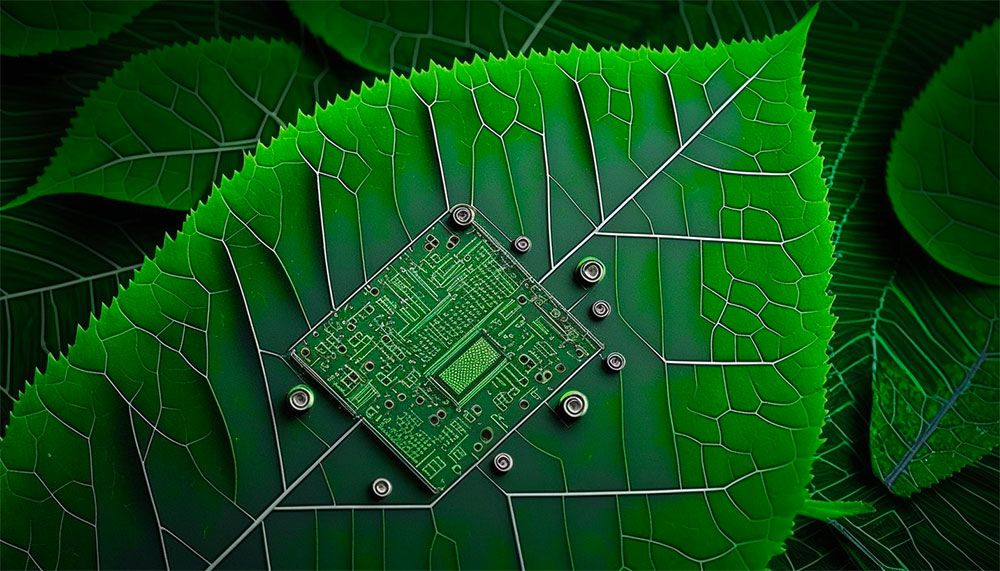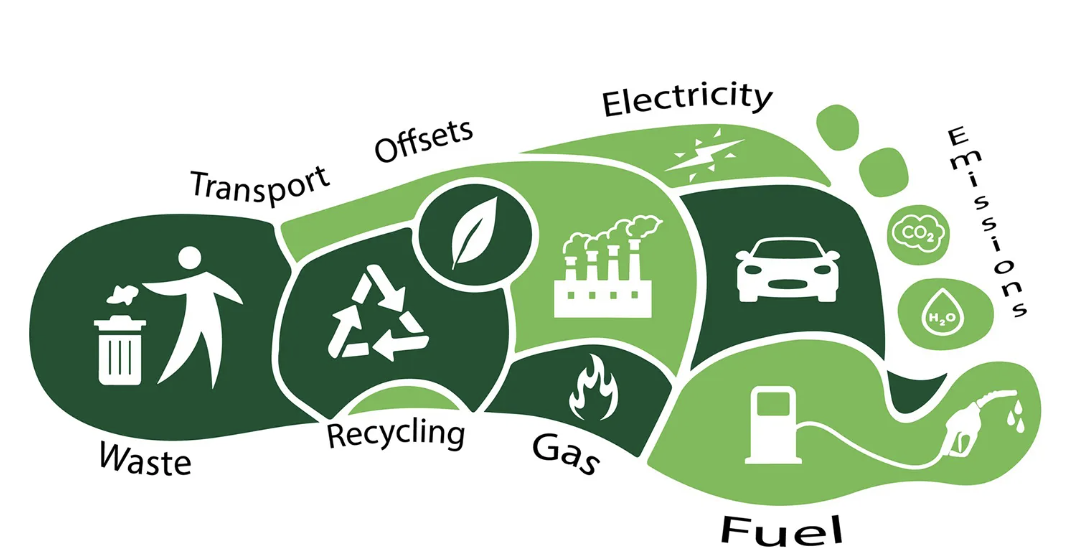By Paul Heriard Dubreuil, Year 9
Plastic is everywhere and anywhere, from the Mariana Trench to Mount Everest, and even in our brains. Studies show that 0,5% of the total mass of your brain is plastic. Only recently has plastic been thoroughly discussed in political affairs. The question is: will it be enough? Surely not. By consuming plastic bottles or buying food products wrapped in plastic, we are, each day, contributing to the slow destruction of our only planet, while also compromising our health.
Firstly, why plastic? Plastic is cheap, lightweight, strong and versatile. As our population grows, and our consumption habits change, the demand for plastic is skyrocketing. Each second, nearly 444 kg of plastic ends up in the ocean. It slowly decomposes into microplastics over a minimum 500-year cycle. This makes plastic a multi-generation problem, not a temporary one. At the same time, factories around the world produce more than 9,500 kg of plastic each second. Yes, almost 10 tons of plastic each second! This mass production of the toxic material leads to 1.79 billion tons of CO2 emissions each year. Unfortunately, this essential material is part of our daily life and is sometimes irreplaceable.
Secondly, plastic affects us in unexpected ways. The International Union for Conservation of Nature states that plastic is associated with carcinogenic chemicals that contaminate our tap water. This can cause immune, neurological, reproductive and developmental disorders. Do you remember the last time you looked at a ray of light? Well, all those specks floating in the air are likely microplastics. Moreover, one component of plastic: brominated flame retardants, used in electronics, textiles and furniture, are linked to brain damage. This can reduce any child’s IQ and shorten their attention span. The story does not end here, as endocrine disruptors, another composant of plastic, can, even in small doses, cause an increased risk of obesity and, most importantly, disrupt hormone levels in children and pregnant people. This can result in problems at crucial stages of development, such as the brain. I could go on about this for a long time, even with limited data. As a reminder, on average we eat a credit card’s worth of plastic each week. We are all at risk, and all guilty.
Last, but certainly not least, it is not too late to limit plastic consumption. To start, stop buying any plastic packaging, such as chip bags, yogurt containers and bottled water. Avoid yoga pants made out of polyester or nylon and all plastic toys like bubble wands. Also, try to limit your seafood intake, because our oceans are highly polluted, and avoid plastic toothbrushes. By making these simple changes, you can drastically reduce your plastic intake, and hopefully considerably improve your long-term health in many ways, including some that are still unknown.
Altogether, each and every one of us can reduce our plastic intake, and this benefits everyone: better health, less plastic in the oceans and lower CO2 emissions. All this, keeping in mind that we have one planet and one life, and we are not alone on this planet. “Only we humans make waste that nature cannot digest.” (Charles Moore)



